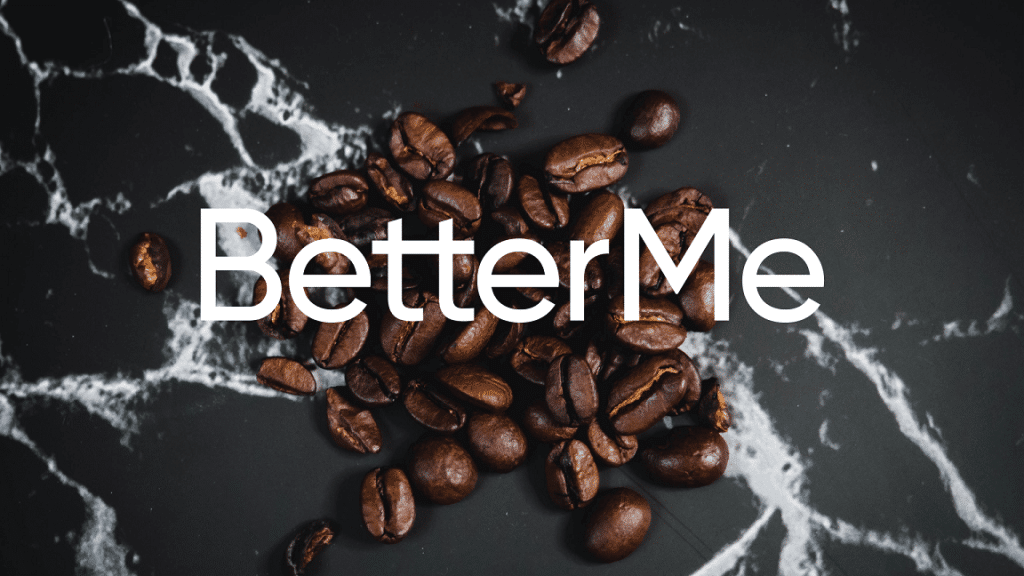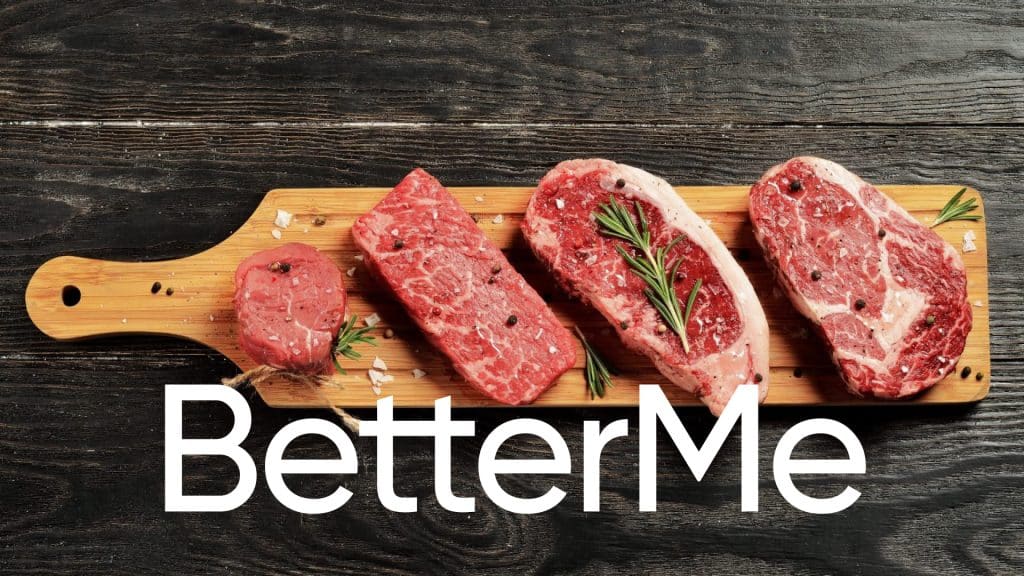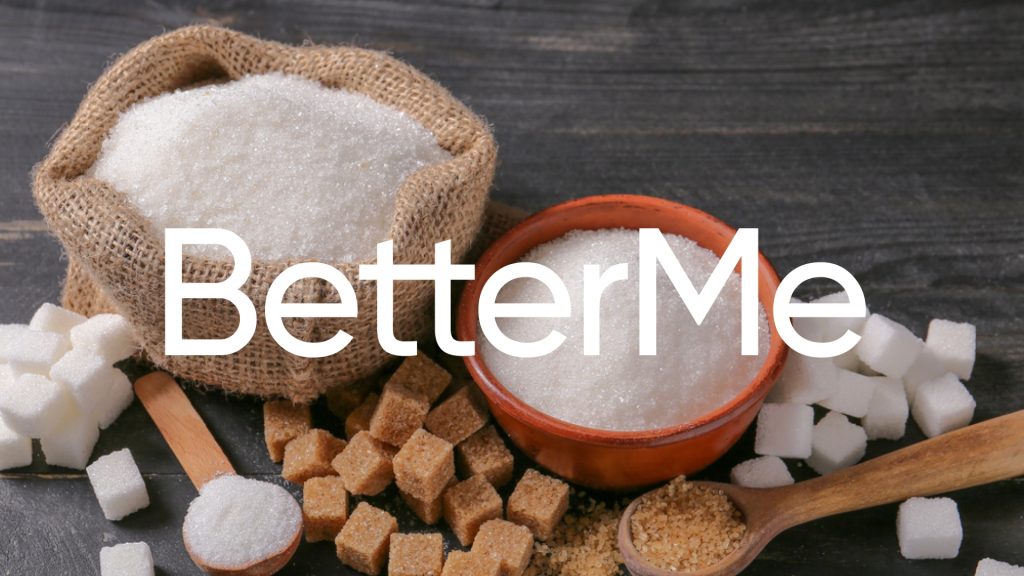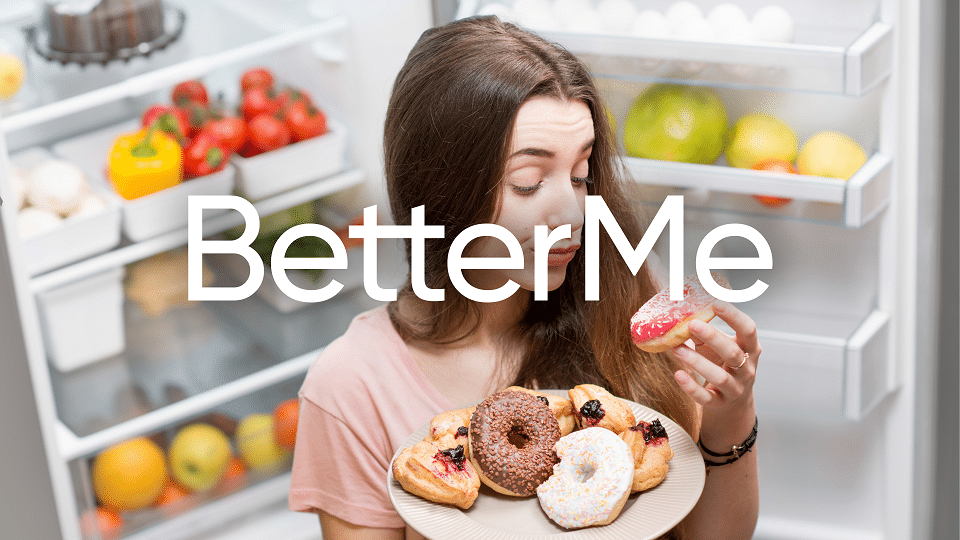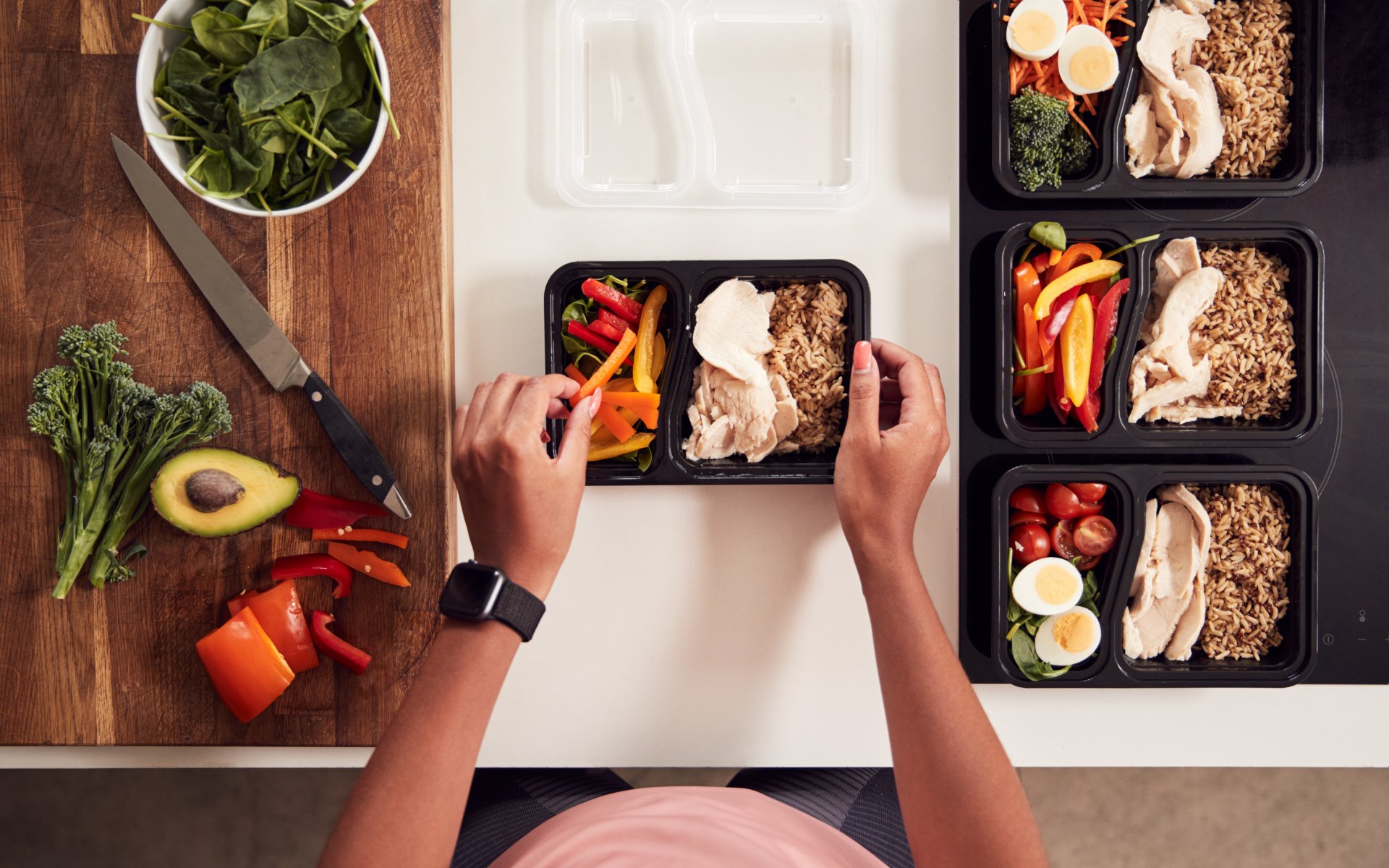There are thousands of diets you can try for a change, yet the average person is likely to make unhealthy food choices, not knowing how risky it can be. Unlike the ancient days when people hunted and gathered wild fruits and herbs, the modern world is fast-paced and filled with new food preparation methods, which may be unsafe. These 7 foods to avoid are a starting point to better meal choices that come with numerous advantages.
Get your personalized
meal plan!
What are the 7 foods to avoid on an elimination diet? Not all foods are 100% safe for consumption. Today, people go for fast foods for convenience and to satisfy their cravings. The demand for such foods has led to numerous food processing plants and diverse agricultural practices that deliver food faster, but at the same time, cause health-related problems. Below are some harmful items that you should not be included in your diet.
7 Foods To Avoid For Better Health And Longevity
Packaged, refined, and processed foods can cause inflammation in your body, but that depends on your immune system, genes, and the internal mechanisms that maintain your health (1). Sadly, you may never find out how much damage they can cause until it is done. Also, if these foods deter your health, it might be too late to reverse some effects, but making healthy changes can always do good things for your health. So, what are the 7 foods to avoid?
Here are the top 7 foods to avoid if you want to reduce the chances of weight gain, inflammation, and potential chronic diseases, among other side effects:
Alcohol has an endless list of disadvantages and health risks such as brain cell damage, weakening the immune system, high blood pressure, breast, mouth, colon, esophagus, and throat cancers, liver cirrhosis and failure, depression, and anxiety (5). Whether it is taken in small or large quantities, it may pose a threat to your financial, social, and emotional well-being.
According to the World Health Organization (WHO), alcohol has become part of today’s societies, especially during socialization, but unfortunately, it claims over 3 million lives annually, causes disability, and poor health (4). It also causes premature mortality, especially for people aged 15-49 years. Despite these clearly-stated worrying facts, many people have trouble overcoming alcohol addiction.
Why is alcohol one of the 7 foods to avoid to prevent weight gain? Regardless of age, weight gain caused by alcohol is mostly seen in male heavy drinkers as compared to females, according to Weight Loss Resources UK (13). Alcohol is rich in empty calories, and just one gram contains about 7.1 kcal, almost twice as much as carbohydrates (13). A person who drinks wine regularly gains about 44,200 calories every year (13). Besides, the human liver has a special affinity for ethanol, hence, it converts most of it into energy (13). The body also prefers the easiest-to-digest available energy source, and once you take alcohol, it will be preferred over other sources of energy such as fats and carbohydrates (13).
Alcohol Leads To Weight Gain In Several Ways
Other than being high in calories and being a preferred source of energy, it increases your appetite for a short while (13) (12). For instance, when you go to a party or other social event with plenty of alcohol, your body might crave the snacks served at the party. Things get worse when they serve high-calorie foods such as fried chicken, potato chips, or other junk foods that might increase your calorie intake.
Alcohol also makes it difficult to stick to a healthy diet. Heavy drinkers are often exposed to this problem, where they easily get tempted to eat unhealthy foods. Research by the University of Liverpool studied the eating behaviors among heavy drinkers found that the subjects experienced a craving for snacks after drinking (24). It also revealed that the subjects made poorer snack choices when they were out drinking than when they stayed home.
Quitting alcohol is easier said than done. If it is well integrated into your lifestyle, eliminating it may not be the first option, but you can try reducing your alcohol intake to less harmful, moderate levels. Beware of how much you are consuming, and take water between drinks. You can seek professional advice or consider rehab if the situation spins out of control.
-
2 Foods To Avoid: Coffee
Coffee is one of the most consumed beverages today. It is estimated that people drink over 2 billion cups of coffee every day as a stimulant (energy boost) and for its health benefits such as protection from type 2 diabetes, liver cancer, and keeping a healthy heart (11). According to research, caffeinated and decaffeinated coffee are associated with a lower risk of metabolic syndrome, renal stones, and gout (9). Coffee also contains useful substances for the body, e.g., magnesium, potassium, Vitamin B-2, and antioxidants (11).
However, taking too much caffeine may be dangerous for your body. According to the Food and Drug Administration (FDA), a teaspoon of pure powdered caffeine is equal to 28 cups of coffee (20)! Taking that much can be potentially lethal, especially for children, adolescents, and young adults. That is why Mayo Clinic recommends a healthy intake of a maximum of 400mg (about 4 cups) of caffeine a day for a healthy person (8). Pregnant women are advised to consult their doctors and talk about reducing the amount to about 200mg.
Coffee Affects People Differently
You may be very sensitive to caffeine, and just a little give you restless nights or a faster heartbeat. However, this depends on how much you take every day. If you take more than 4 cups, you may want to reduce it to three cups to avoid side effects such as headaches, anxiety, nervousness, irritability, and insomnia (8).
If you usually take a cup of coffee every morning to keep your body active, including it in the 7 foods to avoid diet may sound devastating. Perhaps you got used to it and cannot see its dark side. Coffee speeds up almost all body functions, and at the same time, hastens the aging process. To avoid such issues, all you need to do is check on your daily intake and keep it at the recommended level or below.
Meat (animal flesh eaten as food, for instance, ribs, pork chops, steak, liver, kidneys, etc.) has been a controversial topic, and experts cannot fully understand its nutritional value and health effects. Without a doubt, meat is a good source of protein, vitamins, and minerals. The biggest difference between white and red meat is the fat content and color. A lighter color can identify white meat before and after cooking. For example, chicken breast (and poultry in general), fish, rabbit, etc. (22).
Red meat, on the other hand, may appear lighter in color when raw and gets a darker color when cooked because of the presence of more myoglobin than that found in white meat (22). The most common types of red meat include beef, pork, and lamb. Red meat can also exist in processed form; meat that has been preserved through preservatives, curing, salting, or smoking.
Red and processed meats are often associated with more health risks compared to white meat. According to the NHS Choices, overeating red and processed meat can expose you to bowel cancer, therefore, if you eat more than 90g of red meat per day, you should cut it down to about 70g (21).
Do you Eat Red Meat?
Red meat contains more fat than white meat, which is a leaner source of protein (25). Steak contains leucine and creatine, which boost muscle mass and weight gain (15). Also, red meat is calorie-dense, and this puts it among the top 7 foods to avoid losing weight (3).
Eating meat is okay, as long as you monitor your intake. However, if you cannot throw meat off the diet, ask the butcher for lean cuts and if you buy packed meat, check the packaging information. It is also essential to cut out as much fat as possible and pour off the fat that melts when cooking. Include bacon, salami, sausages, and deli slices in your 7 processed foods to avoid the list. Alternatively, you can buy plant protein such as soy and nuts.
Read More: Lean Meats For Weight Loss: Staying On Track With Your Fitness Goals Without Sacrificing Flavor
Sugar is one of the most common components in many foods. You can find it in tea, coffee, energy drinks, beverages, juice, candy, etc. Sugar is a simple carbohydrate, and eating too much is not good for your body. Sadly, many Americans derive about 270 calories from sugar every day; 70 more calories than the recommended 200 (from sugar) (14).
Sugar is sugar no matter what name it is given. Manufacturers often use different names for sugar, and this may be confusing for a person with no idea how to differentiate the substances listed on the package details. These names include sucrose, corn syrup, cane juice, agave nectar, and palm sugar (14).
Sugar Food:
Eating sugar can trigger the release of dopamine, which makes you feel good (14). Whole fruits and vegetables do not have as much effect as processed or artificial sugar, and that is why you might feel a craving for a sugar-rich snack at odd times of the day.
Since childhood, you have been advised to stay away from candy and sugary foods because they cause cavities, and they act as the food for the bacteria that causes it.
Sugary foods are high in calories and may still lead to weight gain even with regular exercise. Such substances do not make you fuller for longer, and you may find it hard to stop eating frequently. Studies reveal that increased sugar intake puts you at a higher risk of type 2 diabetes and may lead to increased weight (10). Excess sugar intake may cause chronic inflammation in fat cells, making them release chemicals that lead to weight gain. For instance, those who increased their sugar intake gained about 1.7 pounds in less than 8 weeks (14).
Sugar that naturally exists in some foods, like fruits, which pose little to no risk to your health. However, when sugar is added to food, it becomes a poor energy source that the body digests fast and often ends up being stored as fat. It also has no nutritional value (empty calories) and can be considered one of the 7 inflammatory foods to avoid.
If you’ve mustered up the courage to crush your weight loss goal, let Betterme take the sting out of this demanding process. Our app will help you restructure your habits, remold your life and crank up your fitness results!
Most packaged pastries are made from refined wheat and sugar. When overeaten, they are unhealthy to your body because refined wheat is low in fiber and other nutrients. Pastries, on the other hand, may contain trans fats and preservatives.
Bread has been around for thousands of years, and today, it comes in many variations, including unleavened bread, flatbread, sprouted grain bread, soda bread, and the delicious sourdough. Each type of bread has its set of nutritional values, but carbohydrate is the dominant macronutrient in all (16). Baked goods made from refined flour contain “simple carbohydrates,” meaning that they are easy for the body to digest but have little nutritional value. A high intake of these simple carbs can bring about weight gain and a higher risk of heart disease, diabetes, and other related health problems (16).
Over the last few decades, foods are increasingly getting artificial sweeteners such as aspartame, with some people imagining that switching from sugar to artificial sweeteners is a healthier move (7). According to Mayo Clinic, artificial sweeteners are often disguised under “sugar-free” foods, especially soft beverages, candy, jams and jellies, and some wheat products (6). Regardless of whether they are termed natural or artificial, sweeteners go through processing.
According to US Rights To Know, aspartame can cause headaches ranging from mild to severe (7). It may also affect your serotonin levels; a chemical that controls your mood and hunger (19). Aspartame has also been linked to cancer risks, stroke, dementia, cardiovascular diseases, and Alzheimer’s disease, among other problems (7).
If you intend to head out for a movie this weekend, you might want to rethink buying the large tub of popcorn and choose something else or nothing instead. In 1994, the Center for Science in the Public Interest (CSPI) published a report that revealed that movie popcorn has saturated fats that could clog your arteries (17). Movie theatre popcorn contains 400-1200 calories, lots of saturated fat, and about 1500mg sodium (18).
Scott Kahan, MD, co-director of the George Washington University Weight Management Program in Washington, D.C., insists that you can carry your snacks with clear information of nutritional composition (18). But since some theatres restrict people from bringing their snacks, you might want to check with the management first. If you still wish to eat popcorn, ask for saltless and butterless types. However, since you do not go to the movies every day, the movie theatre popcorn is one of the 7 foods to avoid.
What are the 5 foods to never eat? According to Cosmopolitan, stay away from diet foods, artificial sweeteners, margarine, frozen meals, and soy protein isolate (2).
The Bottom Line
These are just 7 foods to avoid for a healthy lifestyle, but the list does not end here. Although giving up on some eating habits may seem more challenging now more than ever, trying to cut off some things could help maintain a healthy body provided that you start ASAP. It would also help if you seek advice from a professional nutritionist, a fitness trainer, and your doctor about the dietary and lifestyle changes that would contribute to your well-being.
Sticking to a healthy diet based on your health needs, allergies and preferences is a great idea, however when combined with a workout plan that meets your goals, it might bring you significant benefits. Better mood, stronger muscles and endurance are just some.
DISCLAIMER:
This article is intended for general informational purposes only and does not address individual circumstances. It is not a substitute for professional advice or help and should not be relied on to make decisions of any kind. Any action you take upon the information presented in this article is strictly at your own risk and responsibility!
SOURCES:
- 5 Foods That Can Cause Inflammation (2020, health.clevelandclinic.org)
- 5 Foods You Should Never Eat (2015, cosmopolitan.com)
- 10 Things that Happen to Your Body If You Stop Eating Red Meat (2021, thehealthy.com)
- Alcohol (n.d, who.int)
- Alcohol Use and Your Health (2021, cdc.gov)
- Artificial sweeteners and other sugar substitutes(2020,mayoclinic.org)
- Aspartame: Decades of Science Point to Serious Health Risks (2020, usrtk.org)
- Caffeine: How much is too much? (2020, mayoclinic.org)
- Coffee consumption and health: umbrella review of meta-analyses of multiple health outcomes (2017, ncbi.nlm.nih.gov)
- Dietary sugars and body weight: systematic review and meta-analyses of randomised controlled trials and cohort studies (2019, bmj.com)
- Health benefits and risks of drinking coffee (2019, medicalnewstoday.com)
- How Alcohol Can Cause Weight Gain (2020, verywellfit.com)
- How Does Alcohol Consumption Affect Your Weight and Shape? (n.d, weightlossresources.co.uk)
- How Does Too Much Sugar Affect Your Body? (2019, webmd.com)
- How do you gain weight quickly and safely? (2020, medicalnewstoday.com)
- Is bread healthful or should I avoid it? (2019, medicalnewstoday)
- IT CAME FROM THE SNACK STAND (1994, washingtonpost.com)
- Movie Snacks: The Ugly Diet Truth (2010, webmd.com)
- Neurophysiological symptoms and aspartame: What is the connection? (2017, pubmed.ncbi.nlm.nih.gov)
- Pure and Highly Concentrated Caffeine (2018, fda.gov)
- Red meat and the risk of bowel cancer (2018, nhs.uk)
- Red meat, processed meat and white meat (n.d, viva.org.uk)
- Sugar substitutes: Health controversy over perceived benefits (2011, ncbi.nlm.nih.gov)
- The effects of a priming dose of alcohol and drinking environment on snack food intake (2015, pubmed.ncbi.nlm.nih.gov)
- White Meat vs. Red Meat (n.d, fitday.com)



